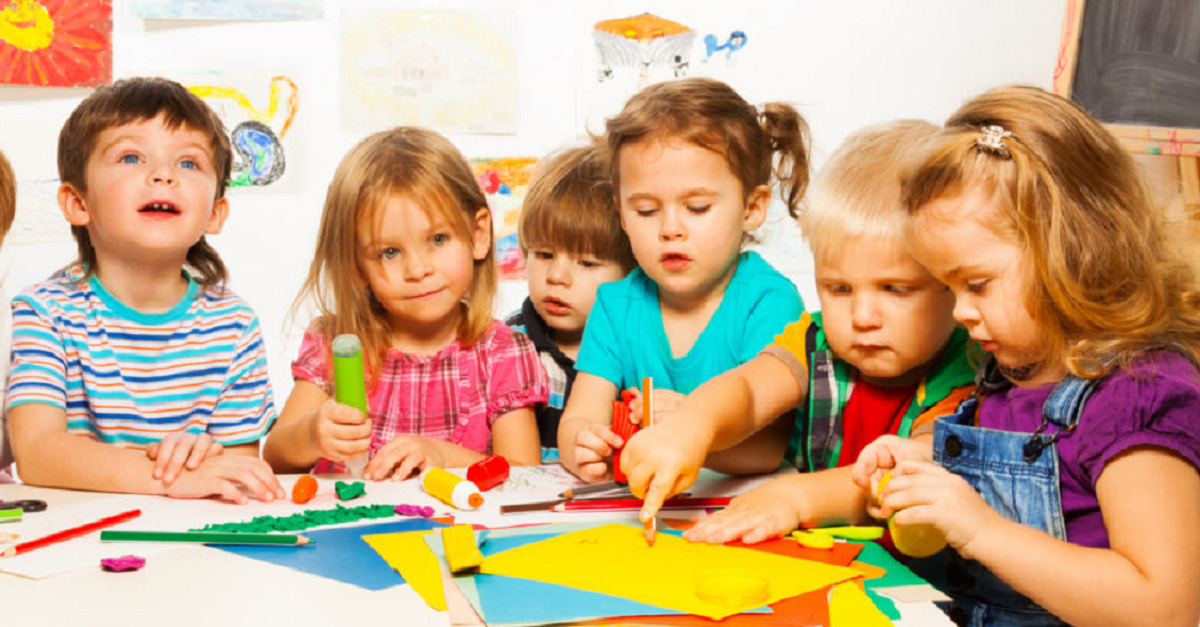Does the child who goes to kindergarten adapt quickly to society?

How right is it to send your child to kindergarten?
Kindergarten age between the ages of three and seven is a big part of childhood. It is mainly from this period that the child's independent activities develop and individual personality traits (human qualities) are formed. According to the famous Russian pedagogue Peter Lestgaf, "During the kindergarten period, a person's character traits are determined in the future, and the foundations of his moral qualities are formed."
Kindergarten education, play, and eating together help children develop a sense of community. Team life qualities begin to emerge, such as playing a game as a group or coordinating one’s actions, assigning roles, and helping each other when performing another task. But it is important to remember that children in kindergarten are just entering the community. The complex interactions that children develop in the community, such as submission and submission, play an important role in helping children develop mentally.
Kindergarten-age children are able to control their behavior to perform certain tasks, and their increased levels of interest and mental development allow them to be educated according to a specific educational program. Properly organized educational work in the kindergarten increases the activity of children and stimulates their interest in knowledge.
The versatility and richness of kindergarten life helps to expand and deepen children's learning activities.
But a child does not rise to this stage of social development on his own. It is the result of all the education in kindergarten and in the family that brings him to this stage. By the age of seven, the child is growing physically, trying to control himself, to refrain from inappropriate behavior, to learn the rules of behavior. He will be able to cope, work to the best of his ability, and get used to living in a team. During this period, the child's life experience increases significantly. He knows the names of many things and how to use them. Develops memory and imagination and can memorize a number of poems and stories independently. A seven-year-old's speech develops to a certain extent and his vocabulary increases, allowing him to communicate freely with his peers and adults. At the age of seven, the movement is strengthened. He begins to master the skills of using weapons such as scissors, needles, pencils, and pens. However, involuntary activity also predominates in the child during this period. That's why things that interest or strongly influence a child attract attention. The child continues to play a variety of games in his or her free time. During the game, he becomes accustomed to self-control, submission to the rules of the game, a sense of responsibility, putting the interests of the team first. Play and didactic activities in kindergarten develop children's intelligence, memory and thinking. This, in turn, prepares the child for school. In the preparation and strengthening of such a ground, of course, the educational work carried out in the family and in kindergarten is crucial.
As an expert, in addition to the above, I would like to emphasize that the future of your child begins with the kindergarten and the attention paid to it. Kindergarten and the importance of education in it are invaluable for her ability to adapt quickly to society, to be proactive and deep-thinking.
Charos Abdurahmonova,
Samarkand State University
Teacher of preschool education

